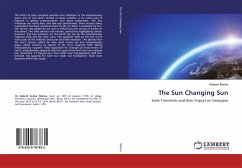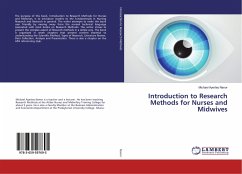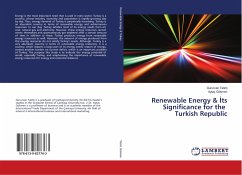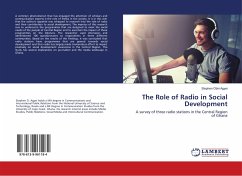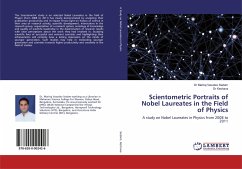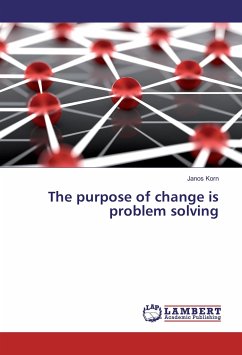
The purpose of change is problem solving
Versandkostenfrei!
Versandfertig in 6-10 Tagen
46,99 €
inkl. MwSt.

PAYBACK Punkte
23 °P sammeln!
Any part of the world can be viewed and modeled in terms of its chosen qualitative and/or quantitative properties OR its structure. The first approach has been used by nearly the whole of 'human intellectual endeavor', i.e. conventional science of physics, the arts and so on. Development of the second or the 'systemic view' or 'systems thinking' is the subject of the current work. The purpose of change is problem solving suggests that the 'structural view' is empirical, pervasive throughout experience and as such results in a single domain as opposed to conventional science which consists of m...
Any part of the world can be viewed and modeled in terms of its chosen qualitative and/or quantitative properties OR its structure. The first approach has been used by nearly the whole of 'human intellectual endeavor', i.e. conventional science of physics, the arts and so on. Development of the second or the 'systemic view' or 'systems thinking' is the subject of the current work. The purpose of change is problem solving suggests that the 'structural view' is empirical, pervasive throughout experience and as such results in a single domain as opposed to conventional science which consists of many domains like mechanics, electricity etc. Thus, a unique approach or 'systems science' is needed which is based on 'six principles of systems' translated into operational form by the symbolism of processed natural language called static and dynamic 'linguistic modelling of scenarios' which can carry the relevant aspects of conventional science with mathematics and uncertainties. A kind ofunified presentation of science has been achieved.





